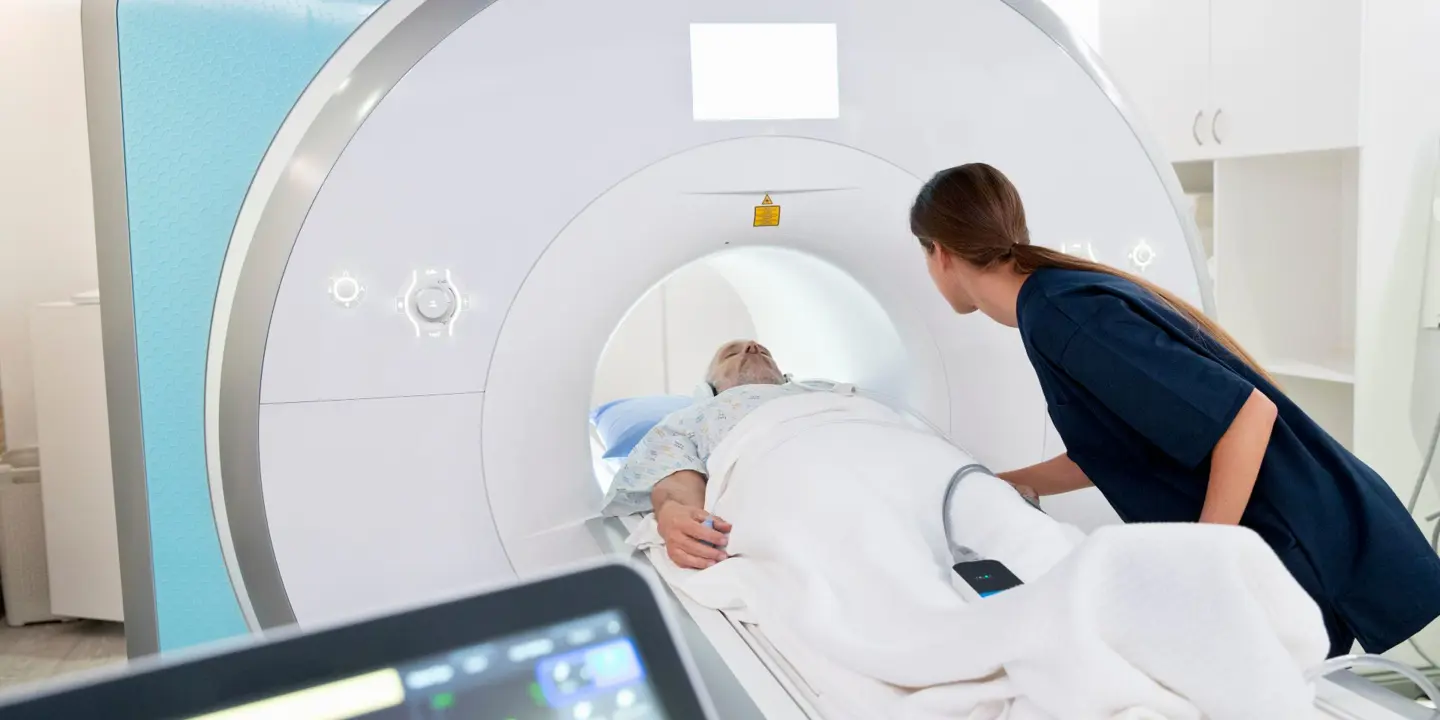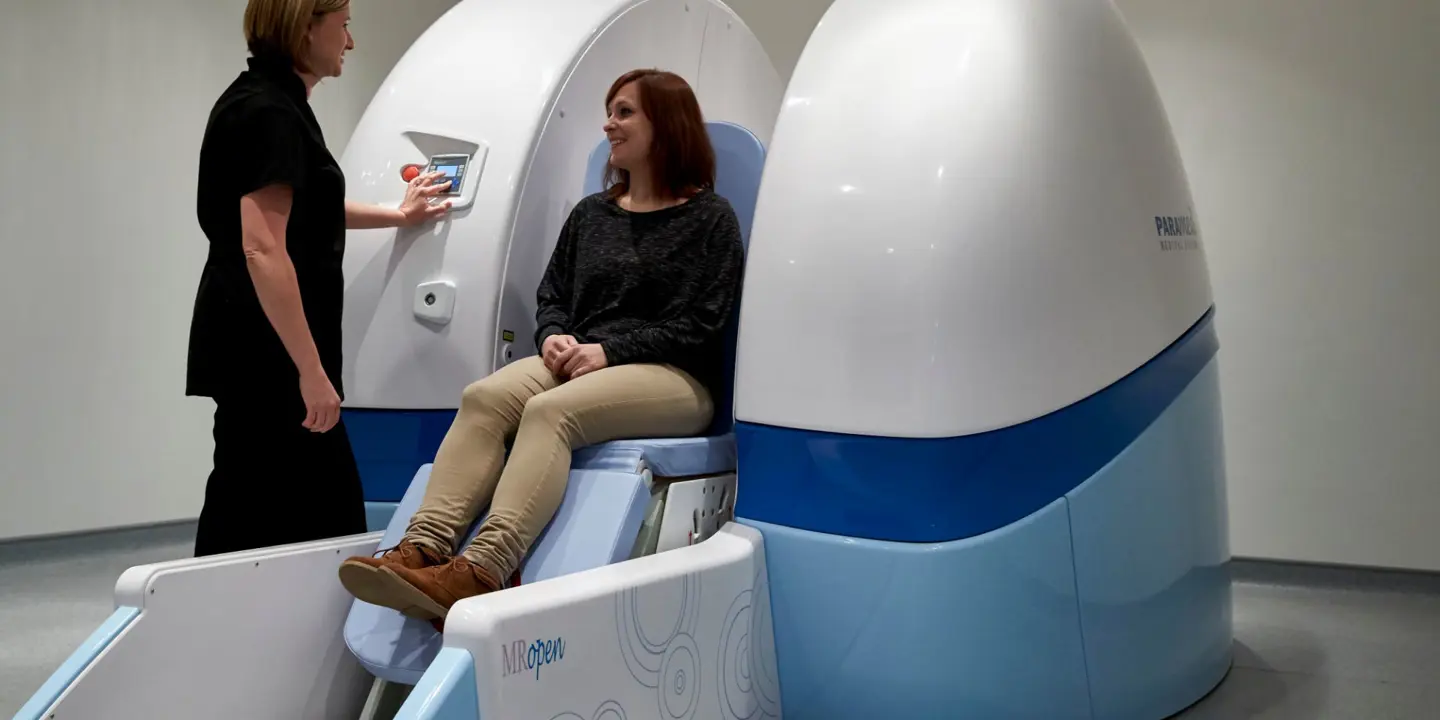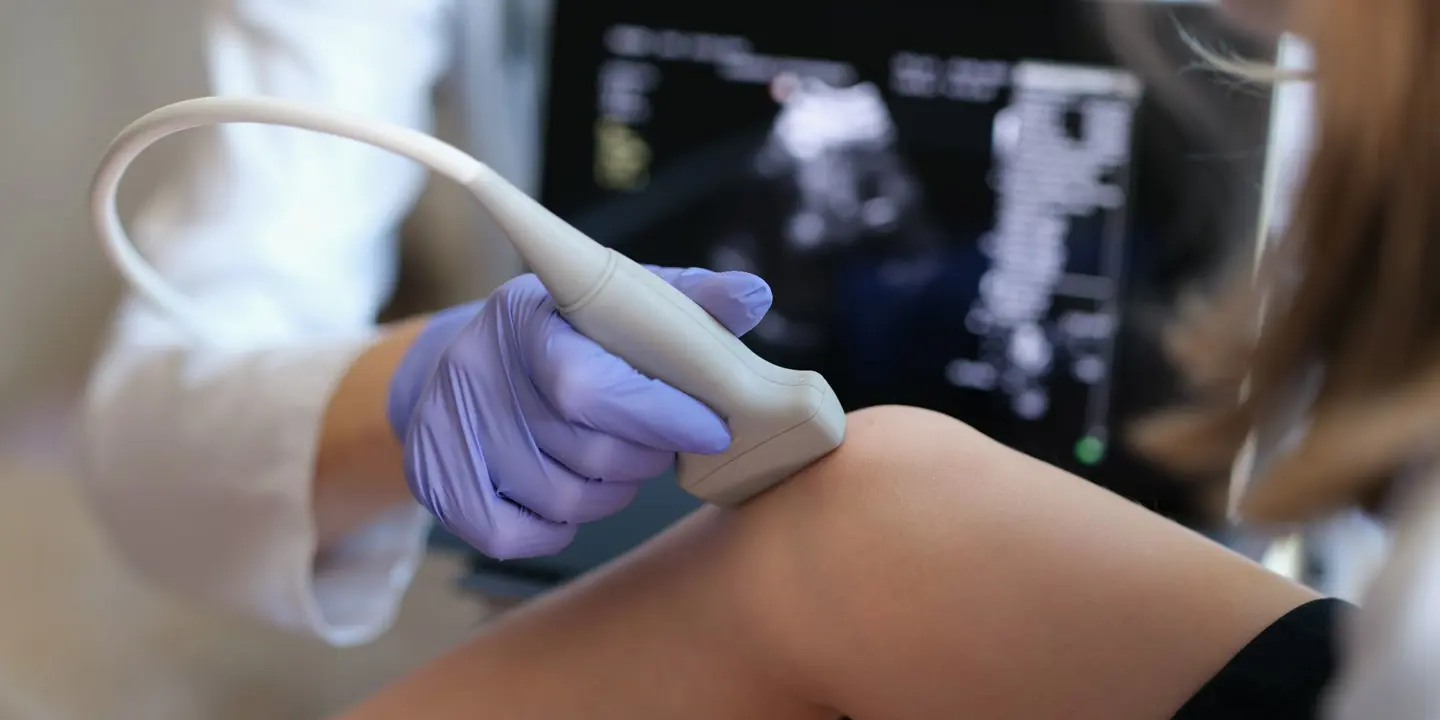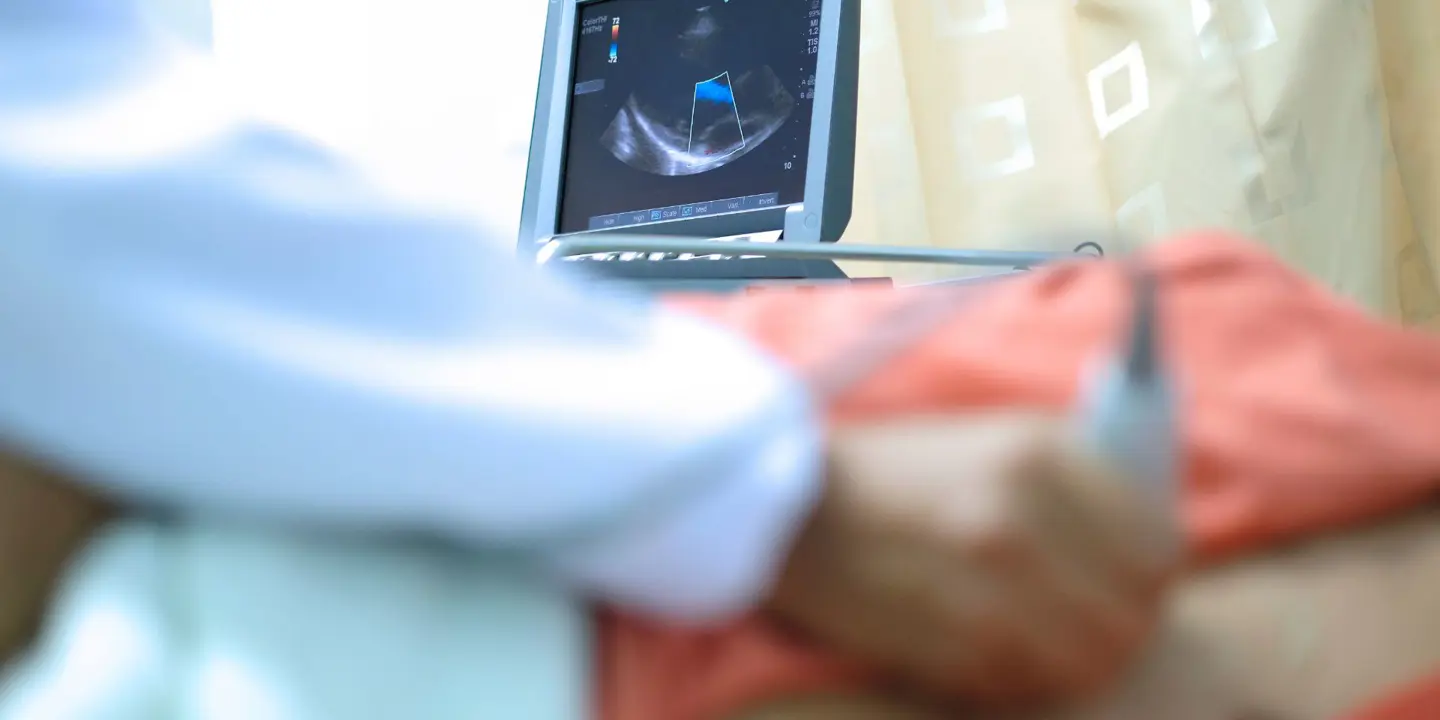Prevalence of Nerve Pain in the UK
Data from a recent study published in the journal BMJ Open shows that 8 per cent of UK adults experience chronic neuropathic pain, which the research paper defines as a result of “nerve signalling problems.”
Progressive nerve disease, infection, injury or pressure on a nerve root can cause chronic neuropathic pain. All three root causes have one thing in common: they could flare up at any moment (and sometimes for no obvious reason).
In this article, we will focus on pain induced by nerve compression.
How to Recognise Trapped Nerves
It’s important to determine if the pain you’re feeling is truly due to trapped nerves and not some other underlying condition.
Trapped or pinched nerves happen when a nerve is, quite literally, “pinched” between tissues, bones or cartilage due to some persisting pressure in that area. Its common symptom is a noticeable pressure bearing down on your nerves. You may feel a burning sensation, tingling or “electric shocks,” as well as numbness in the affected area. These contradictory sensations are common for trapped nerves.
If the pain persists or escalates past a week, consider visiting your physician. If they suspect a lumbar fracture or something similar, they may recommend an upright MRI scan or an ultrasound. Our diagnostic clinics in London can accommodate you for these tests if it comes down to it.
Remedies for Trapped/Pinched Nerves
Treatment for pinched nerves vary according to the severity and whether there are underlying causes for the pain. The pain from a non-serious trapped nerve typically disappears on its own after a few days. To alleviate the pain and discomfort, you can do the following:
- Alternately apply a hot and cold compress on the affected area.
- If the pain starts from your lower back or spine, be mindful of your posture when sleeping or sitting at work. Switch positions often to avoid putting too much pressure on any single location of your spine.
- A hand massage or massaging device can soothe the pain but don’t overdo it or it might cause the pressure on your nerve to increase.
- You may take ibuprofen and other anti-inflammatory drugs or painkillers. However, note that these only provide temporary relief and may not even work for some people at all.
- Ask your doctor for advice or a prescription for medicine specifically to treat nerve pain. They often have undesirable effects like grogginess and sedation, so avoid taking them without your doctor’s consent.
For serious conditions, long-term treatment and therapy may be necessary to reduce nerve pressure, alleviate pain and allow the affected nerve to heal. Surgery is often the last resort or when there’s an underlying cause like a slipped disc or lumbar compression fracture.
Treat Nerve Pain the Right Way
It always pays to know how to remedy the effects of a trapped nerve. Even if it is minor, the pain and discomfort could hold you back from working, doing errands or performing activities you enjoy.
If it becomes chronic or if your doctor recommends tests to make a proper diagnosis, you can count on Vista Health’s fully-equipped clinics. We provide clear and accurate results from standing and weight-bearing MRI scans or a high-resolution ultrasound scan.
Visit our clinics in London and other locations in the UK. If you want to visit us as a self-referred patient, fill out the form on our Contact page.







